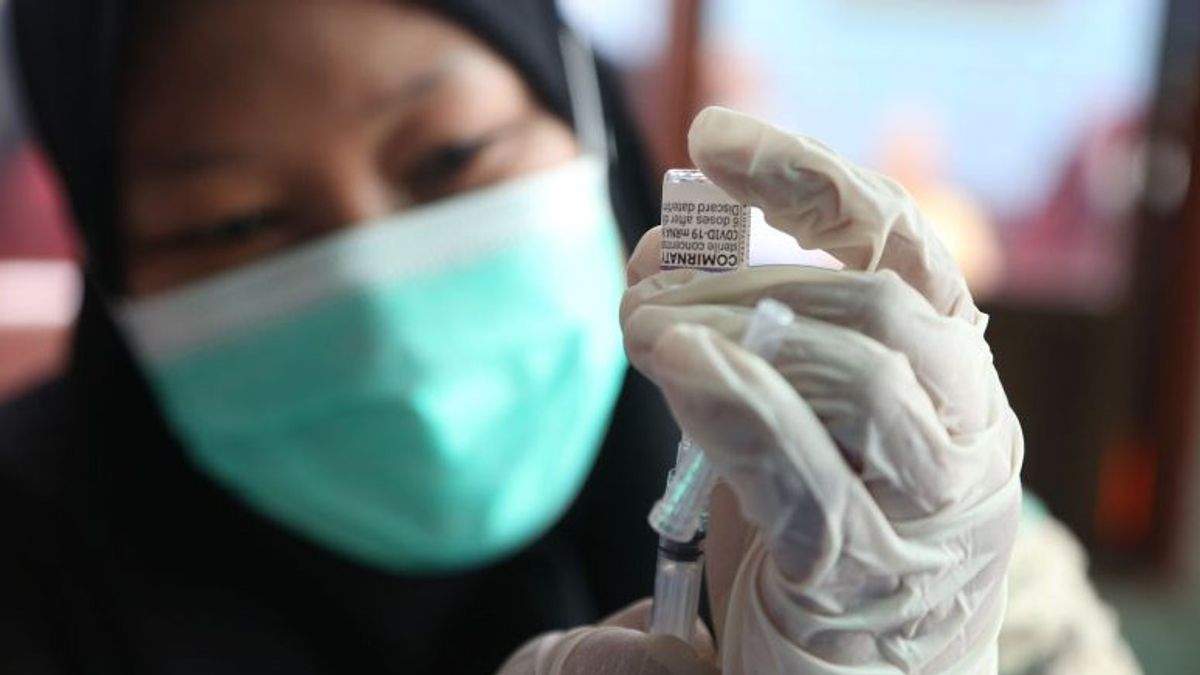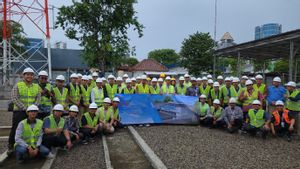JAKARTA - The government released the results of a national serological survey for the period November to December 2021. This survey was conducted by a team from the Faculty of Public Health, University of Indonesia (FKM UI), supported by the Ministry of Health and the Ministry of Home Affairs.
This serological survey aims to estimate the proportion of people in the population who have antibodies to SARS-CoV-2 (COVID-19) based on age group, gender, previously diagnosed COVID-19 and vaccination status.
In other words, the basis of this study is to measure how many levels of the population or the proportion of the population who already have a level of immunity.
This serological survey involved 21,880 samples taken at random from 47 districts/cities in 9 provinces that have agglomeration areas, as well as 53 districts/cities in 25 non-agglomerated provinces.
As a result, epidemiologist from the Faculty of Public Health, University of Indonesia Iwan Ariawan explained that in general, 86.6 percent of the Indonesian population in November and December 2021 had antibodies against COVID-19.
"So this is a big number. Even though they do have antibodies against SARS-CoV-2, it doesn't mean they can't be infected," said Iwan on the Ministry of Health's Youtube show, Friday, March 18.
Iwan explained, 86.6 percent of the population may still be infected with the corona virus. However, if they have antibodies, the risk of becoming seriously ill and dying is reduced.
Iwan continued, 73.9 percent of the proportion of people who had not been vaccinated during November and December 2021 had antibodies against COVID-19.
"Where did they get it from? These are those who got it from being infected, both those they knew and those who didn't know," said Iwan.
"If we look again, once people get vaccinated, the proportion who have antibodies is even higher. So, here we see that vaccination is very useful to increase the proportion of the population who have antibodies against SARS-CoV-2," he added.
Furthermore, this survey also proves that the proportion of the population that has been vaccinated. have antibody levels three times higher than those who have not been vaccinated.
Meanwhile, Indonesia's COVID-19 transmission rate has been evenly distributed in agglomeration and non-agglomeration areas, Java-Bali and outside Java-Bali, and age groups.
The English, Chinese, Japanese, Arabic, and French versions are automatically generated by the AI. So there may still be inaccuracies in translating, please always see Indonesian as our main language. (system supported by DigitalSiber.id)








